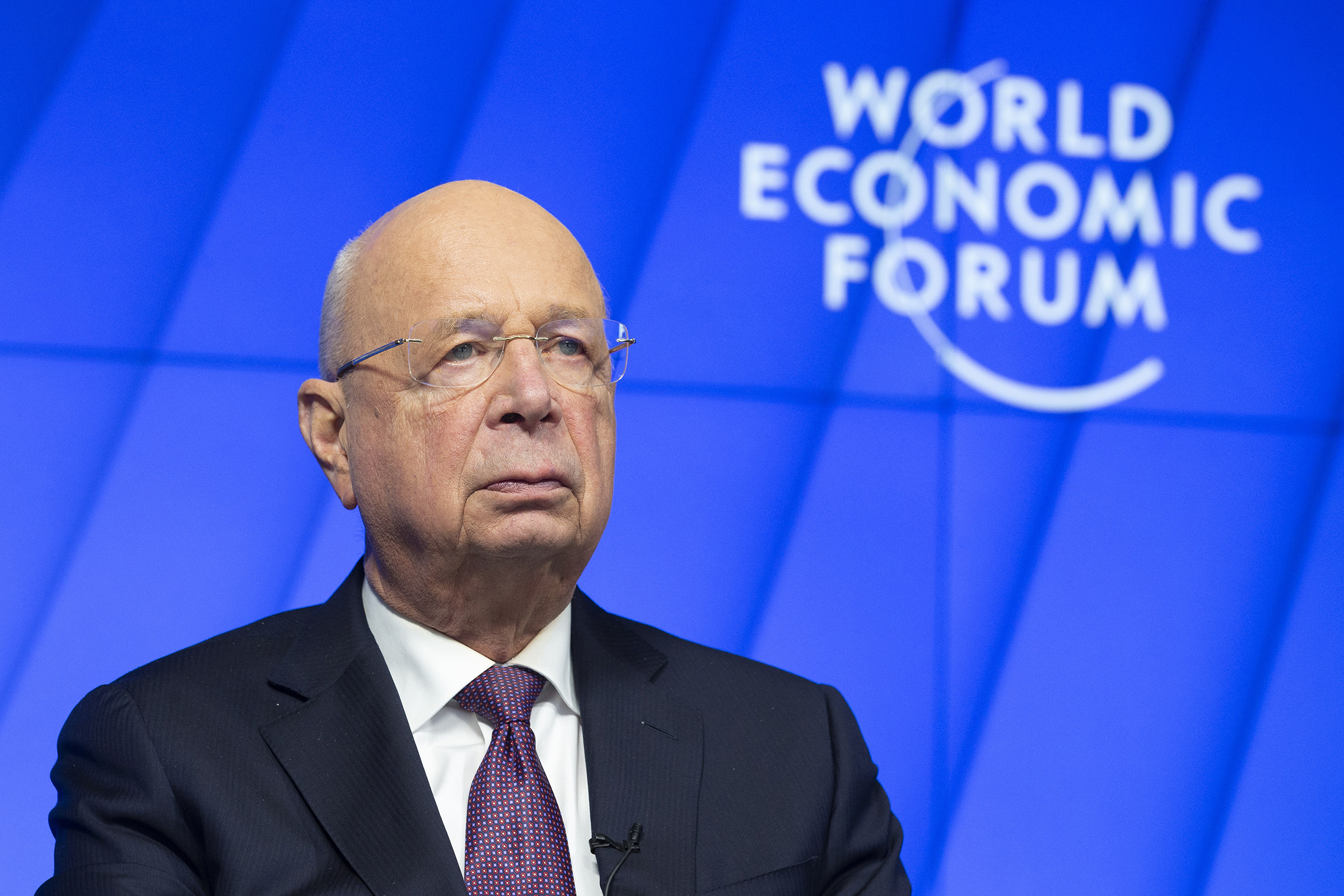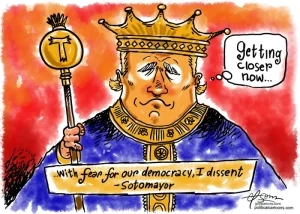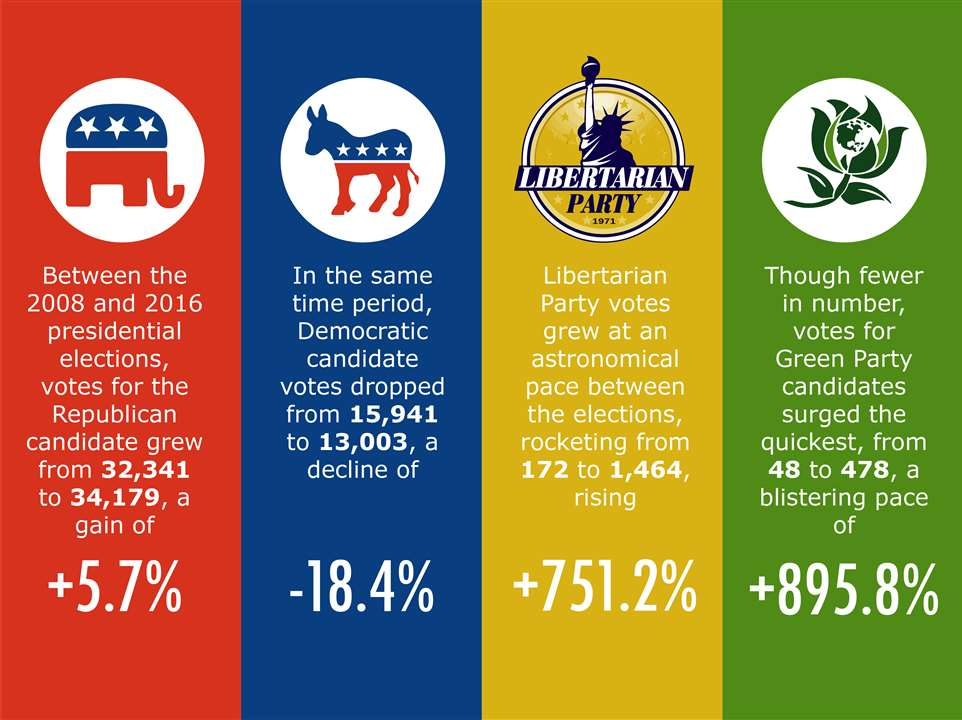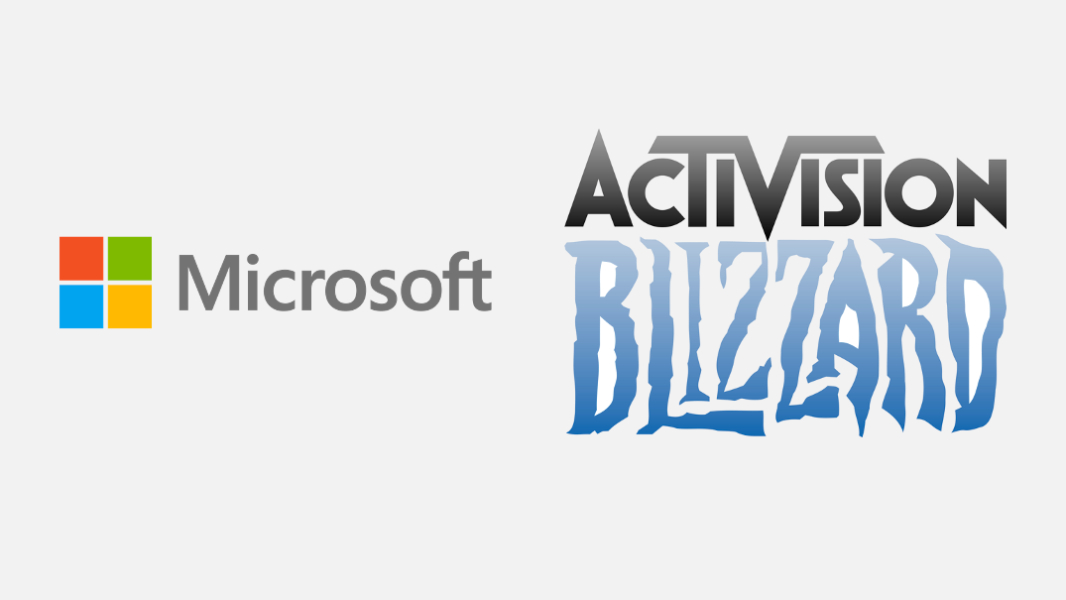Exclusive Report: World Economic Forum Faces Scrutiny Over Klaus Schwab's Role

Table of Contents
Criticisms of Klaus Schwab's Influence and Leadership
Concerns about Undue Influence and Elitism
Concerns about Klaus Schwab's influence extend beyond the WEF itself. Critics point to his extensive network and connections with global political and economic leaders as evidence of undue influence. This network, built over decades, has led to accusations of elitism and a lack of transparency in decision-making processes.
- The "Young Global Leaders" program: This initiative, aimed at fostering future leaders, has drawn criticism for its perceived role in grooming individuals for positions of power within governments and corporations, potentially leading to a concentration of influence in the hands of a select few.
- Close ties to world leaders: Schwab's relationships with numerous heads of state and government officials raise concerns about potential conflicts of interest and the undue influence the WEF might exert on global policy.
- Accusations of a hidden agenda: Some critics allege that the WEF operates with a hidden agenda, aiming to reshape the global economic and political landscape to favor certain interests. These claims often lack substantial evidence but continue to fuel public debate.
Many sources cite Schwab's books and speeches as evidence for these claims, pointing to statements about reshaping capitalism and global governance as potential indicators of a broader agenda. However, the WEF counters these accusations by highlighting its commitment to public-private partnerships and stakeholder capitalism.
Transparency and Accountability Issues
The WEF's decision-making processes and financial dealings have been criticized for a lack of transparency. Critics argue that the organization's opaque structure hinders public accountability and makes it difficult to scrutinize its activities.
- Funding sources: The origins and allocation of the WEF's substantial funding remain a subject of debate. Increased transparency regarding funding sources would enhance public trust and accountability.
- Membership criteria: The criteria for membership in the WEF are not always publicly available, raising questions about the selection process and potential biases within the organization.
- Internal governance: The WEF's internal structure and decision-making processes lack the same level of transparency found in many publicly accountable organizations. Greater transparency is needed to build public trust.
The "Great Reset" Controversy and its Implications
Understanding the "Great Reset" Initiative
The "Great Reset" is a WEF initiative aiming to reshape the global economy and society in the wake of the COVID-19 pandemic. The initiative's stated goals include improving global cooperation, promoting sustainable development, and building a more resilient and equitable world.
It emphasizes a shift towards stakeholder capitalism, where businesses prioritize the interests of all stakeholders, including employees, customers, communities, and the environment, rather than solely focusing on maximizing shareholder value. This is, however, a concept that has its own set of critics and supporters.
Criticisms and Misinterpretations of the "Great Reset"
The "Great Reset" has been subject to numerous misinterpretations and conspiracy theories. While the WEF promotes the initiative as a path towards a more sustainable and equitable future, critics have accused it of being a power grab by global elites aiming to impose a new world order.
- Conspiracy theories: The "Great Reset" has become a focal point for numerous conspiracy theories, ranging from claims of a global government takeover to accusations of a deliberate plan to control the world's population.
- Misinterpretations of WEF statements: Critics often selectively interpret statements made by Klaus Schwab and other WEF leaders, taking them out of context to support their claims.
- Lack of clear definition: The WEF's messaging surrounding the "Great Reset" has sometimes been ambiguous, leading to further confusion and speculation.
The WEF's Role in Shaping Global Policy and its Impact
The WEF's Relationship with Governments and International Organizations
The WEF maintains close relationships with numerous governments and international organizations, raising questions about potential conflicts of interest and the organization's influence on global policy.
- Partnerships with governments: The WEF collaborates with governments on various initiatives, sometimes acting as an advisor or facilitator in policy discussions.
- Influence on international organizations: The WEF's influence extends to international organizations such as the United Nations, the World Health Organization, and the International Monetary Fund.
- Potential conflicts of interest: The close relationships between the WEF and these entities raise concerns about potential conflicts of interest, given the organization's focus on shaping global economic and political agendas.
Analysis of the WEF's Impact on Various Sectors
The WEF's influence extends across various sectors, impacting areas such as technology, finance, healthcare, and the environment. The organization’s initiatives, while often framed as beneficial, have faced both praise and criticism.
- Technology: The WEF’s involvement in shaping technological advancements has raised questions regarding potential biases and ethical considerations.
- Finance: The WEF’s promotion of stakeholder capitalism has spurred debates about its effectiveness and implications for financial markets.
- Healthcare: The WEF's role in discussions surrounding healthcare reforms has been a source of both support and opposition.
- Environment: The WEF’s emphasis on sustainable development has prompted discussions about its feasibility and the potential economic implications.
Conclusion: World Economic Forum Faces Continued Scrutiny
The World Economic Forum and Klaus Schwab's role continue to be subjects of intense debate and scrutiny. The criticisms surrounding undue influence, lack of transparency, and the interpretation of the "Great Reset" initiative highlight the need for greater accountability and public engagement. This report has aimed to provide a balanced overview of the controversies surrounding the WEF, presenting various perspectives and encouraging critical analysis.
Continue the conversation about the World Economic Forum's role in shaping global affairs. Stay informed about future developments surrounding the World Economic Forum and Klaus Schwab's influence. The ongoing debate surrounding the WEF’s impact on global governance requires continued attention and informed participation from all stakeholders. The future of global cooperation and economic development hinges on open dialogue and a critical examination of powerful institutions like the WEF.

Featured Posts
-
 Metas Future Under A Trump Administration Zuckerbergs Challenges
Apr 24, 2025
Metas Future Under A Trump Administration Zuckerbergs Challenges
Apr 24, 2025 -
 Oblivion Remastered Official Announcement And Release Date
Apr 24, 2025
Oblivion Remastered Official Announcement And Release Date
Apr 24, 2025 -
 Price Gouging Allegations Surface In La Following Devastating Fires
Apr 24, 2025
Price Gouging Allegations Surface In La Following Devastating Fires
Apr 24, 2025 -
 Liberal Party Platform Key Policies And Their Impact
Apr 24, 2025
Liberal Party Platform Key Policies And Their Impact
Apr 24, 2025 -
 Ftc Challenges Microsofts Activision Blizzard Purchase A Legal Battle
Apr 24, 2025
Ftc Challenges Microsofts Activision Blizzard Purchase A Legal Battle
Apr 24, 2025
